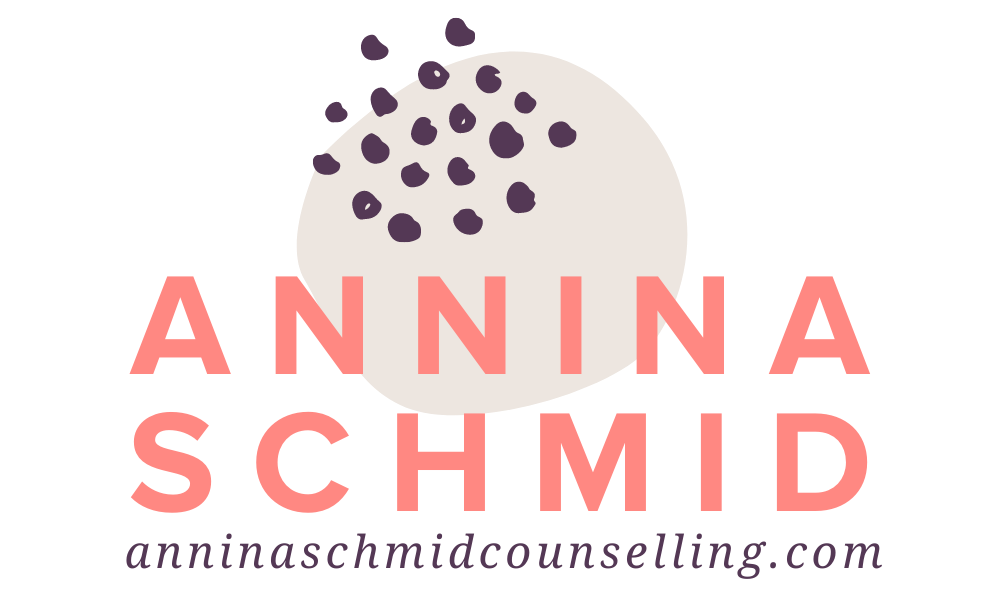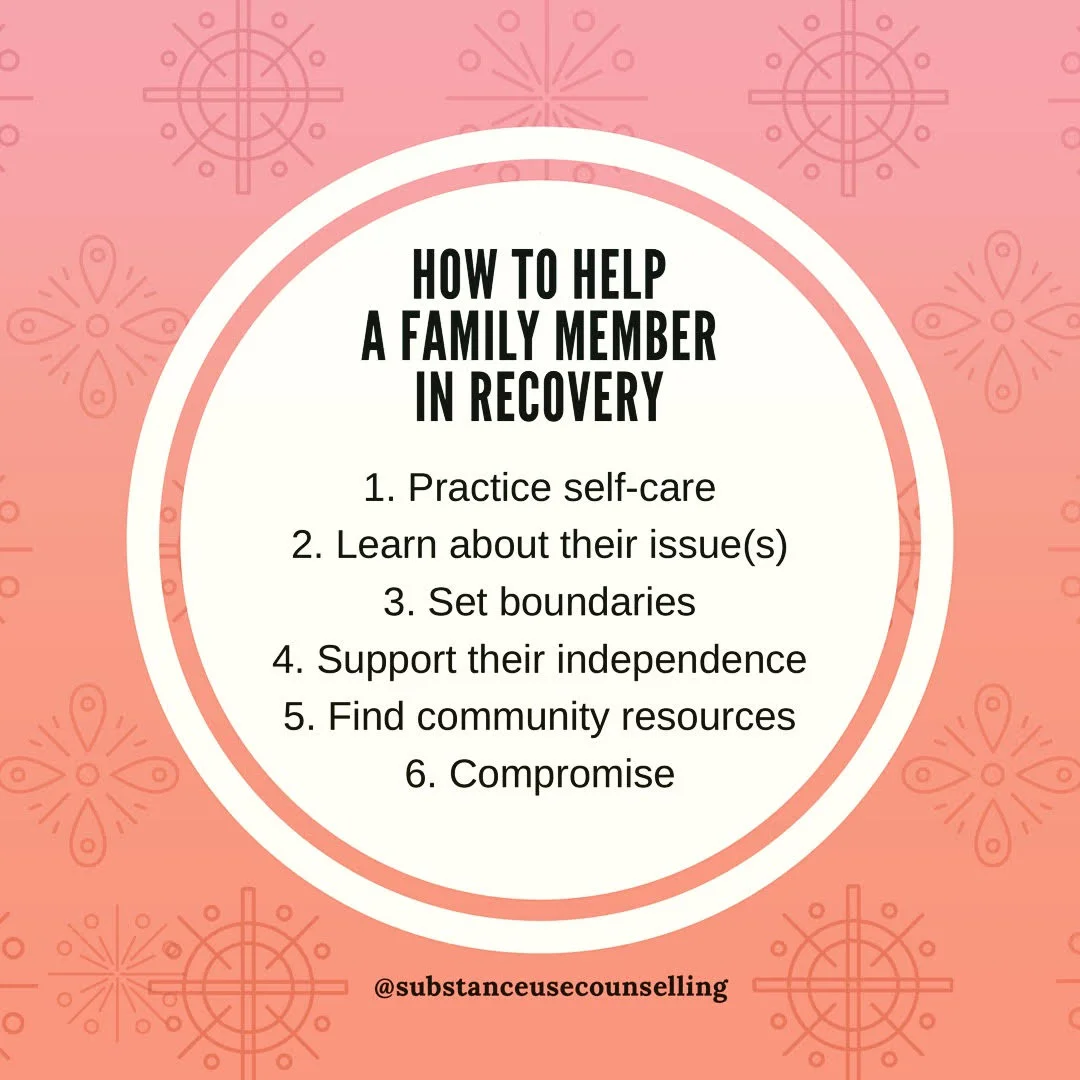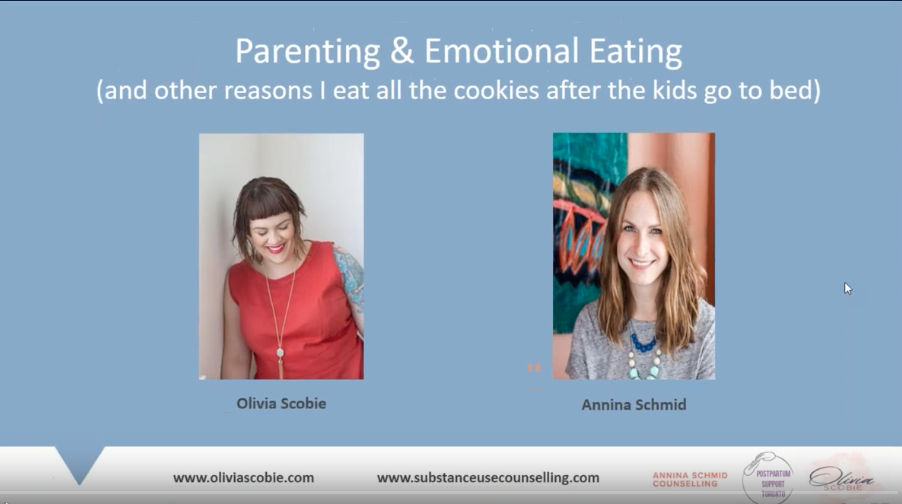Aligning our actions and speech with our true feelings and thoughts will work wonders in recovery.
In today's blog post, I want to focus on a difficult scenario - such as an argument with someone we like - and how we could handle that in recovery.
Most likely, when we're in a bad place with ourselves, we tend to accuse and blame others in arguments.
Or maybe we're the type of person who chooses to walk away from unpleasant exchanges.
Whether we argue or take off, though, there will come a moment after the fact when we will be alone with our feelings.
Most probably, we won't feel too great about how we handled ourselves.
We might feel extra bad, because we were being hurtful on purpose.
Enraged, we might have said exactly what came to our minds, unfiltered and fuelled by disappointment or resentment.
Or, if we chose to walk away, we might feel worse, because the problem at hand is still unresolved.
Another Approach: The Filtered Message
As a third option, aside from sharing unfiltered opinions and walking away from discomfort, I would like to introduce the filtered message.
Filtering our messages is often helpful to our own peace of mind, and with that especially important in recovery.
Here are the basics of a filtered message, as explained in the following example:
Tom has an argument with his partner Tim, during which Tim makes unfair assumptions. Tom is getting angrier and angrier, as Tim's comments hurt his feelings. Instead of leaving the situation without comment, which is the other idea that comes to Tom's mind, he decides to give Tim a piece of his mind:
"You have no proof for any of this! Why do you keep making things up? You're an a*hole, Tim!"
These are the thoughts that came to Tom's mind, exactly how he heard them in his head. Without thinking much, and because he was hurt, Tom attacks Tim back. The argument continues for a little while, with both of them cussing each other out and Tom leaving to get a drink at the bar in the end.
Had Tom chosen to send a filtered message instead, it could have read something like this:
"I don't like listening to your accusations. They're untrue, but I don't have the energy to fight them at the moment. I will go home now, because I need space."
Tom would have left the scene, upset, but proud of the fact that he was able to speak his truth in a way that did not perpetuate the argument.
Think about a recent scenario where you said something unfiltered, and try to think of a filtered way to state how you felt, and how you could handle a similar situation going forward.
It's important that your filtered statement focuses only on you and your experience of the moment; without casting blame on your partner, and also without passive-aggressive undertones.
Why are filtered messages helpful to your recovery?
Filtered messages are helpful to your recovery, because:
- You won't have to "get rid of" bad feelings through problem behaviours, as there will be fewer or even no bad feelings at all after making a filtered statement
- You will learn how to speak your truth in a way that is the least hurtful to people while staying true to yourself
- You will get more comfortable with speaking your truth
Hope this was helpful!





